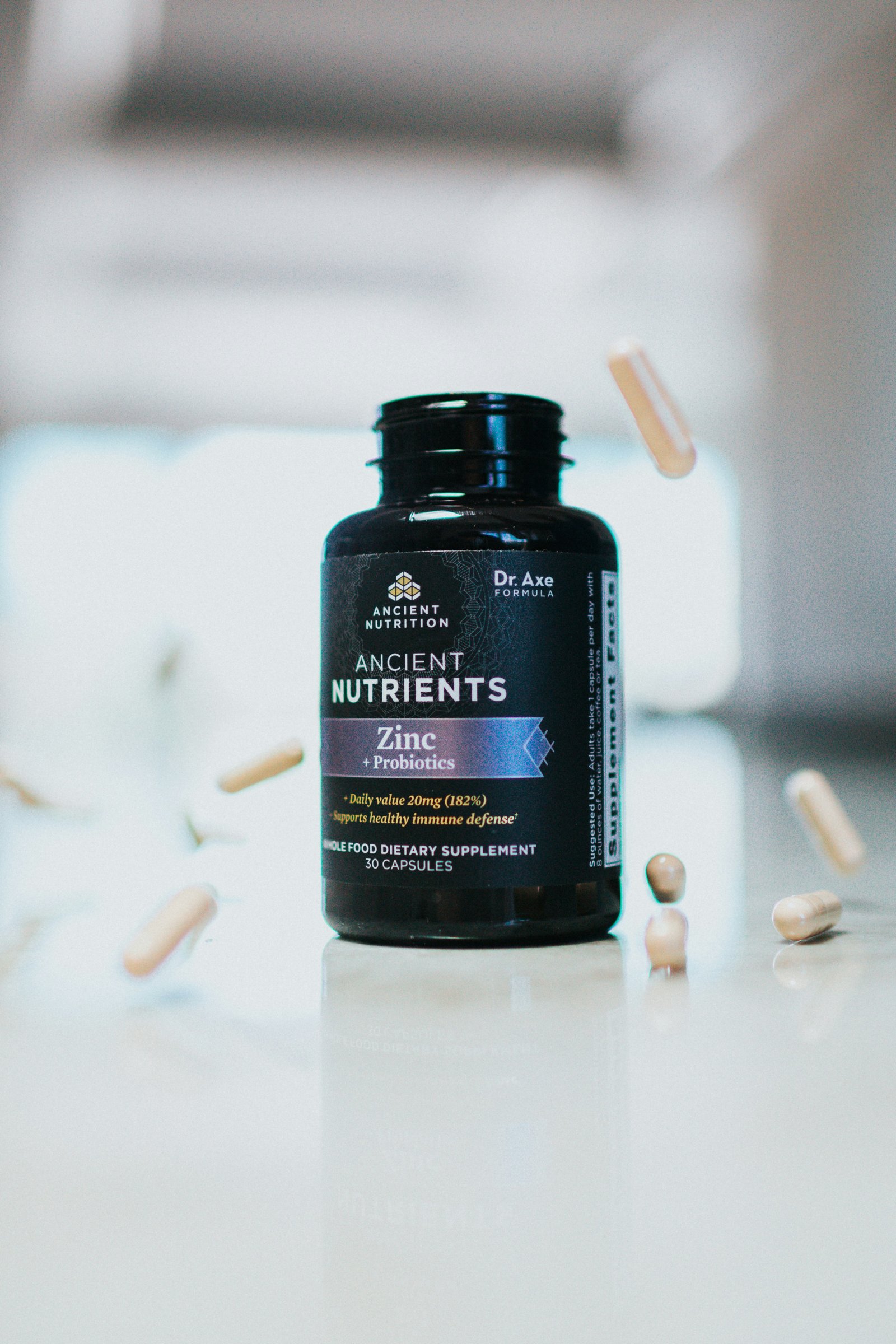
In the quest for weight loss, many people turn to supplements to help them shed those extra pounds. While there are numerous supplements on the market claiming to aid in fat loss, it’s important to separate fact from fiction. In this article, we will discuss some of the most popular supplements associated with fat loss and their potential benefits and risks.
1. Caffeine:
Caffeine is a stimulant that is commonly found in coffee, tea, and energy drinks. It is known to increase energy expenditure and fat oxidation, making it an attractive option for those looking to lose weight. However, it is important to note that the effects of caffeine on fat loss are modest and may vary from person to person. Additionally, excessive consumption of caffeine can lead to side effects such as jitteriness, insomnia, and increased heart rate.
2. Green Tea Catechins:
Green tea catechins, particularly epigallocatechin gallate (EGCG), have been studied for their potential role in fat loss. These compounds are believed to increase fat oxidation and metabolism. While the evidence is promising, it is important to note that the effects of green tea catechins on fat loss are modest and may not lead to significant weight loss on their own.
3. Green Coffee Extract:
Green coffee extract is derived from unroasted coffee beans and is rich in chlorogenic acid. It is believed to help with weight loss by reducing the absorption of carbohydrates and increasing fat metabolism. However, the evidence supporting the use of green coffee extract for fat loss is limited, and more research is needed to determine its effectiveness.
4. Yohimbine:
Yohimbine is a compound derived from the bark of the yohimbe tree. It is believed to aid in fat loss by increasing the release of fatty acids from fat cells. However, it is important to note that yohimbine can have stimulant-like effects and may cause anxiety, increased heart rate, and elevated blood pressure in some individuals. It is recommended to consult with a healthcare professional before using yohimbine as a fat loss supplement.
5. Capsaicin:
Capsaicin is the compound responsible for the spicy taste of chili peppers. It is believed to increase fat oxidation and reduce appetite, making it a popular ingredient in some fat loss supplements. While the evidence supporting the use of capsaicin for fat loss is limited, it may have some modest effects when combined with a healthy diet and regular exercise.
6. Garcinia Cambogia:
Garcinia Cambogia is a tropical fruit that contains hydroxycitric acid (HCA). It is believed to inhibit an enzyme involved in fat synthesis and suppress appetite. However, the evidence supporting the use of Garcinia Cambogia for fat loss is mixed, and more research is needed to determine its effectiveness.
7. Conjugated Linoleic Acid (CLA):
Conjugated Linoleic Acid (CLA) is a type of fatty acid found in meat and dairy products. It is believed to reduce body fat and increase lean body mass. While some studies have shown promising results, the overall evidence supporting the use of CLA for fat loss is limited, and more research is needed to confirm its effectiveness.
It is important to note that most supplements sold for fat loss are either ineffective or lack sufficient evidence to support their efficacy. Furthermore, some supplements can have potential side effects or interact with medications. Therefore, it is always recommended to consult with a healthcare professional before starting any new supplement regimen.
In conclusion, while there are several supplements on the market claiming to aid in fat loss, it is important to approach them with caution. The effects of these supplements are often modest, and they should not be relied upon as a sole method for weight loss. A healthy diet, regular exercise, and lifestyle changes remain the most effective and sustainable approach to achieving fat loss goals.
RELATED POSTS
View all



